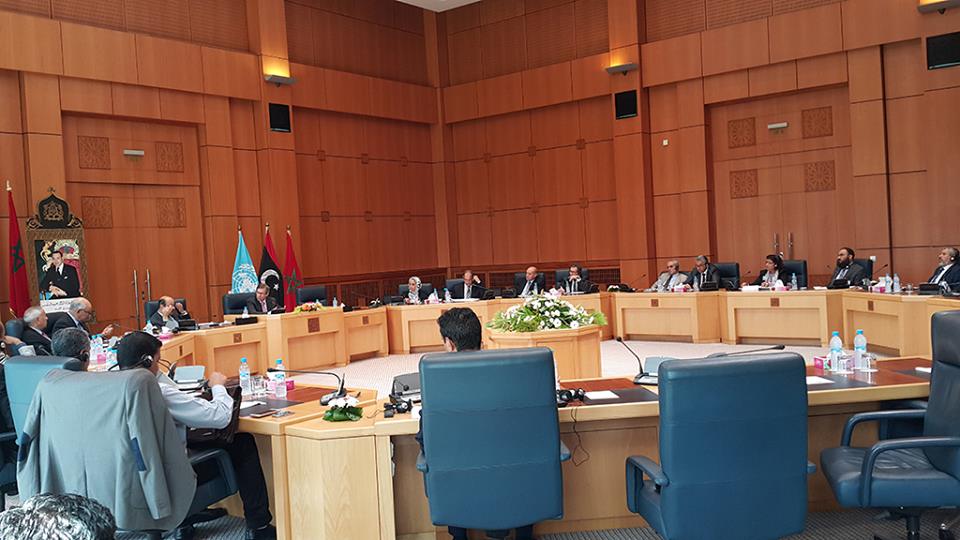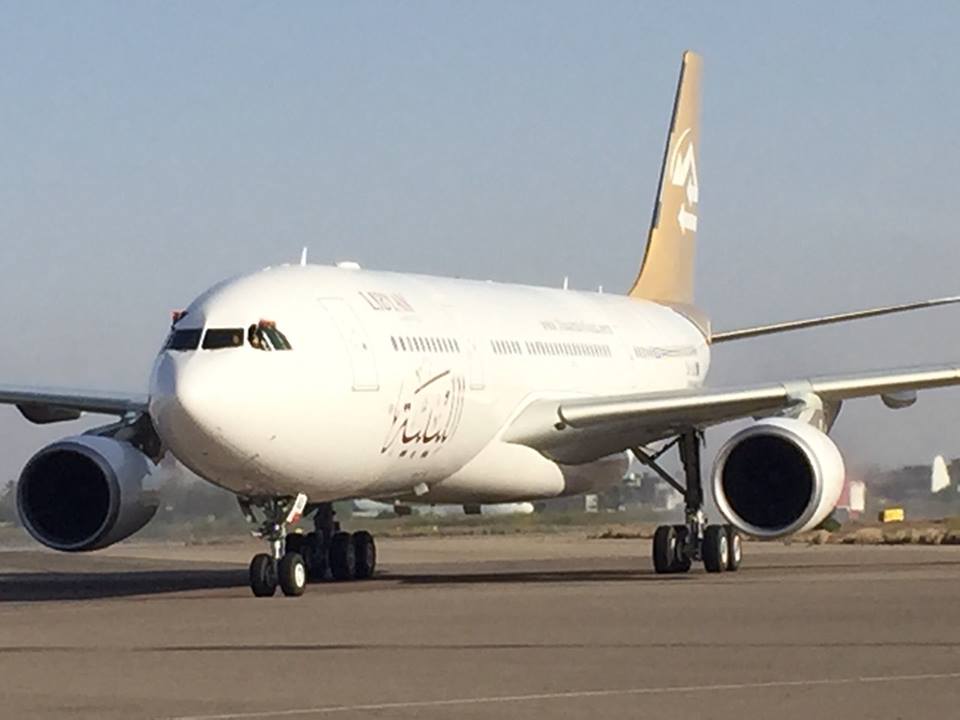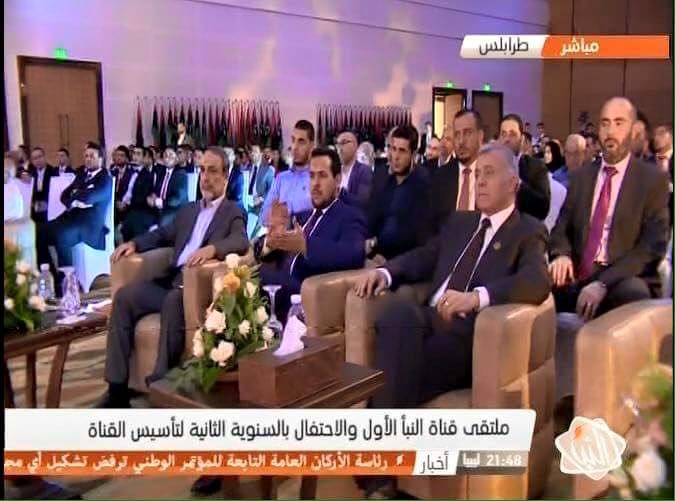By Libya Herald staff.

Tunis, 28 August 2015:
The latest Libya Dialogue talks in Skhirat Morocco which started only yesterday afternoon ended prematurely . . .[restrict]today because of the absence of the team from the General National Congress (GNC) in Tripoli. Another session is now to take place next week in Geneva.
Between now and then, Bernardino Leon who is chairing the process will try to persuade the GNC to rejoin the negotiations, the Libya Herald has been told by participants.
The GNC participation in the Skhirat session, already in doubt earlier this week because of continuing opposition by GNC members to the Draft agreement approved last month, was dealt a body blow on Wednesday when the head of its negotiating team Saleh Makhzoum resigned. That was followed yesterday by the resignation of a second team member, Mohamed Emazab.
As a result, even as the other participants headed yesterday to Morocco for the meeting, there was pessimism that there could be any progress.
“The situation is chaotic. The GNC is tearing itself apart,” one senior Western diplomat said yesterday, referring to persistent reports of a deepening divide between its members over participation in the Dialogue.
Others disagreed. “It’s a delaying tactic,” suggested one independent Dialogue delegate. “They won’t accept the Draft but they don’t want be sanctioned for not taking part.”
Leon, however, has continued to take his ever-optimistic view of events, stating at today’s press conference that the delegates were “working in good spirits”, that they envisaged “finalizing our work in the coming two weeks” and that the “commitment that I explained when we opened our discussions in Geneva is still there.”
Despite acknowledging the existence of difficulties, he put these down purely to changes in the composition of the GNC team. It was being restructured, he said, adding that “their message is that they will continue to participate in the talks next week”.
In an apparent gesture to it over its opposition to Khalifa Hafter’s continued involvement in affairs, at the press conference Leon told a reporter who had asked if the head of the Libyan armed forces had a role in the future Libyan government that personalities in it would be based on consensus.
He also said that Hafter’s idea of Libya being run by a military council was “absolutely unacceptable” to the international community.
Meanwhile he insisted there had been progress in Skhirat, both on the mechanism for discussing names for the prime minister, which would be on next week’s agenda, and on two of the annexes, nos. 2 and 4, on priorities of the Government of National Accord and financial stability guidelines. These had had been discussed and largely agreed. “We have now two texts which are practically final,” he said. All that was needed was some input on them from the GNC.
“They were the easy ones”, one of the participants in Skhirat told this newspaper, however.
Leon also said that discussions would be started before the delegates left Skhirat on two of the other two annexes, the State Council and amendments to the Constitutional Declaration. These, he suggested, would be finalised next week at Geneva.
Leon further confirmed that the date for an outcome to the dialogue had again been put back, to 20 September, with the government of national unity up and running as of 20 October.
In the past months, there have been several deadlines set for an agreement: the end of May, mid June before the beginning of Ramadan, and most recently the end of August.
The date of 20 September would mean that the Dialogue agreement could be announced at the UN General Assembly which would be taking place at the time. The 20 October deadline for the new government and a change to the Constitutional Declaration would get round the problem of the House of Representative’s mandate expiring on 21 October. [/restrict]











